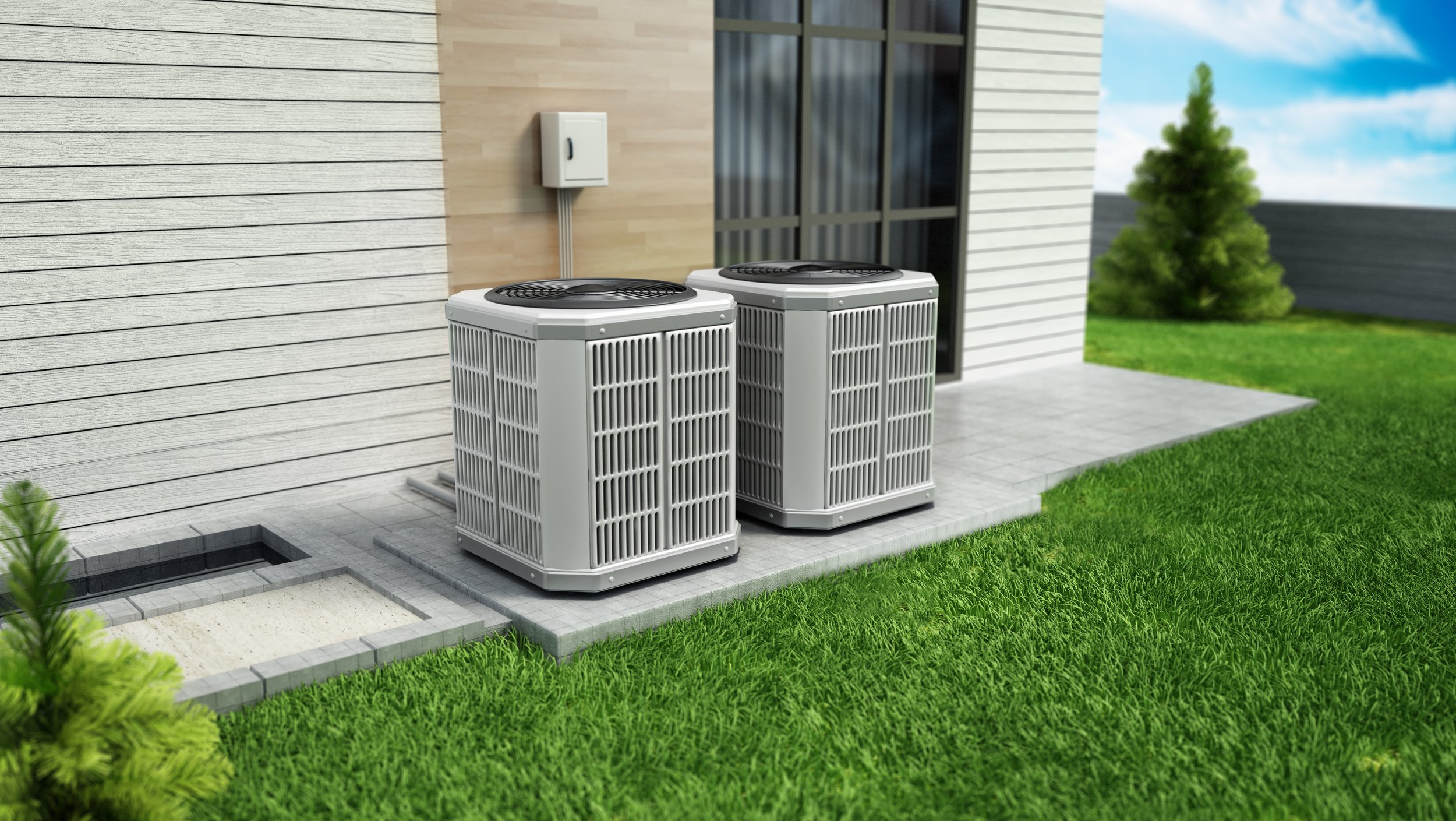Signs of a Failing Air Conditioner: What to Look Out For
As the summer heat sets in, a functional air conditioner becomes a crucial appliance in maintaining comfort in your home. However, like all mechanical systems, air conditioners can encounter problems over time. Identifying these issues early can save you from costly repairs or replacements. Here are some signs that your air conditioner may be failing.
Symptoms of AC Trouble: What to Watch For
1. Insufficient Cooling
One of the most obvious signs of a failing air conditioner is that it no longer cools your home effectively. If you notice that your AC is blowing warm air or that it struggles to maintain the desired temperature, it could indicate a problem with the compressor or a refrigerant leak.
2. Poor Airflow
Weak or inconsistent airflow from your vents can be a symptom of a failing air conditioner. This issue might be caused by a clogged air filter, a malfunctioning blower motor, or ductwork problems. Regularly changing your air filter and ensuring your ducts are clean can help mitigate this issue.
3. Unusual Noises
Air conditioners typically produce a consistent hum. However, if you start hearing strange sounds such as grinding, squealing, or banging, it’s a sign that something is wrong. These noises could be due to loose parts, a failing motor, or debris in the system.
4. Foul Odors
Foul or musty odors emanating from your AC can indicate mold growth within the unit or the ductwork. Alternatively, a burning smell might suggest electrical issues. Both scenarios require prompt attention to prevent health risks and further damage to the unit.
5. Frequent Cycling
Air conditioners have a regular cycle of turning on and off to maintain the set temperature. If you notice that your AC is cycling on and off more frequently than usual, it could be an indication of a malfunctioning thermostat, low refrigerant levels, or an oversized unit.
6. Higher Energy Bills
A sudden increase in your energy bills without a corresponding increase in usage can be a red flag. A failing air conditioner often works harder to cool your home, leading to higher energy consumption. Regular maintenance can help keep your unit running efficiently.
7. Moisture or Leaks
Any moisture or leaks around your air conditioner are cause for concern. This could be a sign of a refrigerant leak or a blocked or broken drain tube. Refrigerant leaks are particularly serious as they can pose health risks and significantly impair the AC's performance.
8. Age of the Unit
Air conditioners have a lifespan of about 10-15 years. If your unit is within this age range and experiencing multiple issues, it might be time to consider replacing it. Newer models are more energy-efficient and come with improved technology, which can save you money in the long run.
Preventive Measures and Maintenance
To avoid the inconvenience of a failing air conditioner, regular maintenance is key. Here are some preventive measures to ensure your AC unit runs smoothly:
Change Air Filters Regularly: Replace or clean your air filters every 1-3 months to ensure proper airflow and reduce strain on the system.
Schedule Annual Tune-Ups: Have a professional HVAC technician inspect and service your AC unit annually. They can identify and address potential issues before they become major problems.
Keep the Unit Clean: Ensure the area around your outdoor unit is clear of debris, and clean the coils and fins as needed.
Check Thermostat Settings: Make sure your thermostat is functioning correctly and set to the appropriate temperature.
Final Thoughts: Keeping Your Cool in Check
Recognizing the signs of a failing air conditioner can help you address issues before they escalate into costly repairs or replacements. By staying vigilant and performing regular maintenance, you can ensure your air conditioner keeps your home comfortable all summer long. If you notice any of the signs mentioned above, don’t hesitate to contact a professional HVAC technician to diagnose and fix the problem.

